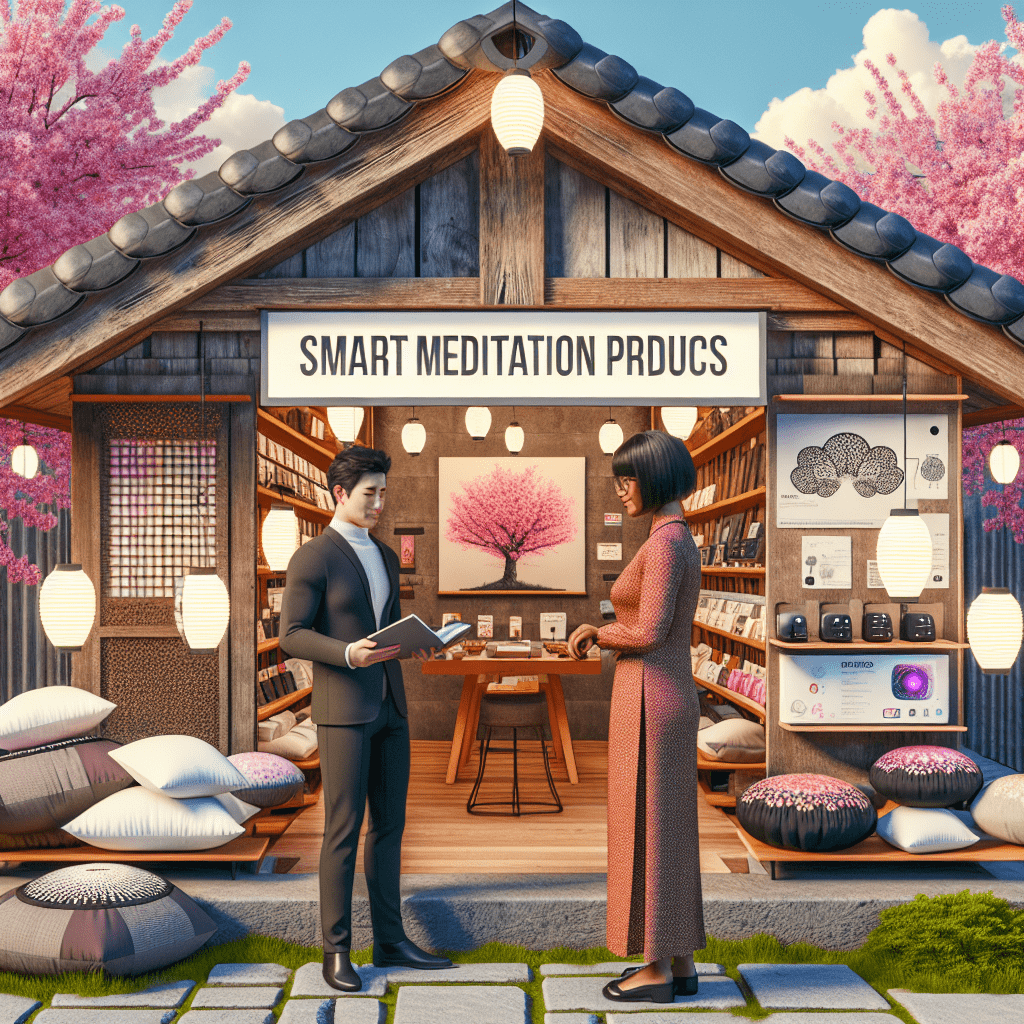
Prioritize your mental well-being daily. Enhance your life by nurturing your mental health with the Smart Meditation app. Break free from stress, alleviate anxiety, and enhance your sleep quality starting today.
Does A Chemical Imbalance Cause Anxiety?
Unraveling the Mystery: Chemical Imbalances and Anxiety
Ah, the age-old question that’s been boggling minds and stirring pots in both the scientific and the general populous communities: Does a chemical imbalance in our brains actually lead to anxiety? It’s as if everyone’s looking for that magic bullet or smoking gun to explain the whirlwind of feelings that can suddenly make our hearts race and palms sweat. But, as with many things in the complex world of mental health, the answer isn’t as straightforward as a simple “yes” or “no”. So, let’s dive in, shall we?
The Chemical Cocktail of Emotions
First off, it’s crucial to understand that our brains are like intricate webs of chemical and electrical signals, constantly buzzing and firing away. Among the myriad of neurotransmitters playing tag in our gray matter, a few key players stand out in the anxiety game: serotonin, dopamine, and norepinephrine. Conventional wisdom and a good chunk of scientific research suggest that imbalances in these chemicals can indeed turn that internal emotional dial up, leading to feelings of anxiety.
But here’s the kicker – it’s not just about having too much or too little of these neurotransmitters. Oh no, the plot thickens! It’s also about how these chemicals interact with receptors in the brain, how they’re broken down and recycled, and a plethora of other factors that can make your head spin. In essence, the path from “chemical imbalance” to “anxiety” is not a straight line; it’s more of a twisty, curvy road, with a few potholes and detours along the way.
Anxiety: A Multifaceted Beast
Diving deeper, it’s vital to acknowledge that anxiety isn’t just about chemistry. Oh boy, wouldn’t that make treatment a walk in the park if it were? Anxiety is a multifaceted beast, influenced by a cocktail of genetic, environmental, and psychological factors. For instance: Genes: Yep, your family tree might have passed down more than just your grandma’s secret cookie recipe. Genetics can play a role in your predisposition to anxiety. Life Experiences: Traumatic events, chronic stress, and even diet can influence your anxiety levels. Psychological Factors: Your own patterns of thinking and behavior, including how you cope with stress, can affect your experience of anxiety.
Now, this isn’t to say that medications targeting brain chemistry don’t have their place. For many, they can be a lifeline, helping to turn down that internal volume knob when everything else seems cranked to eleven. But, and here’s the crucial bit, they’re often most effective when combined with other forms of treatment, such as therapy, lifestyle changes, and support from friends and family.
So, What’s the Verdict?
In the end, claiming that a chemical imbalance alone causes anxiety would be simplifying an incredibly complex issue. Sure, brain chemistry plays its part in the grand orchestra of factors contributing to anxiety, but it’s just one instrument in the band. The melody of anxiety, if you will, is played on many instruments – genetic, environmental, psychological, and, yes, chemical.
Embracing a holistic approach to understanding and treating anxiety – one that considers the whole symphony – tends to yield the most harmonious outcomes. So, next time you hear someone pinpointing anxiety to just a chemical imbalance, you might want to chime in with a gentle, “Well, actually, it’s a bit more complicated than that.” After all, knowledge is power, and understanding the multifaceted nature of anxiety is the first step towards tuning the instruments and finding a more balanced, peaceful melody.





